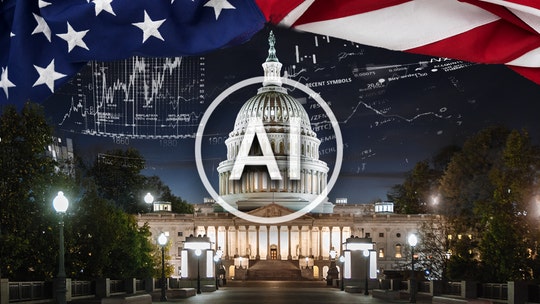Recent studies have cast doubt on the ability of artificial intelligence (AI) to alleviate physician burnout, despite initial optimism. While AI may streamline certain tasks, it introduces challenges that can ultimately increase workload and compromise patient care.

Artificial intelligence has been heralded as a potential solution to the rampant burnout experienced by healthcare professionals. The hope was that AI could automate administrative tasks, freeing up physicians to focus on patient care. However, recent research suggests that this may not be the case.
A study by Brigham and Women's Hospital analyzed the use of AI-generated responses to electronic patient messages. The results showed that AI posed a significant risk of harm to patients due to inaccuracies in determining the urgency of situations and recommending appropriate actions.

Another study from Mount Sinai Health System evaluated AI's performance in medical coding tasks. The research found that AI performed poorly, often generating incorrect or fabricated codes, which could lead to billing errors and inaccuracies in clinical decision-making.
A third study from the University of California San Diego School of Medicine assessed the impact of AI on physicians' time spent editing patient messages. Contrary to expectations, the results revealed that AI-drafted replies increased read time, reply length, and perceived benefits.

David Atashroo, Chief Medical Officer of Qventus, an AI-powered surgical management solution, emphasizes the need for realistic expectations about AI's capabilities. He suggests that AI can automate lower-risk administrative tasks, freeing up healthcare professionals for more critical responsibilities. However, he also cautions against relying solely on AI, as it cannot always achieve perfection.
Atashroo stresses the importance of safety and efficacy in AI applications, ensuring that models undergo rigorous quality checks and validation by human experts. Transparency in the development and implementation of AI technologies is crucial to build trust among healthcare providers and patients.

While AI has the potential to improve efficiency in healthcare, it is essential to recognize its limitations. Physicians must carefully consider the tasks that AI can and cannot manage, ensuring patient safety and maintaining a strong physician-patient relationship.
The use of AI in healthcare is still in its early stages, and further research is needed to fully understand its potential and limitations. Physicians must proceed with caution, setting realistic expectations and implementing AI in a responsible manner to support patient care and minimize the risk of harm.












